 My name is Wesley Saxena, and I just won a top-quality instrument and a lifetime of lessons from Practicing Musician. Let me tell you why that means so much to me. Beginning in my adolescence, it became much harder for me to connect with people. At times when I needed to speak up, either I physically couldn’t or it seemed like I wasn’t really being heard. But through music, I found I was able to more freely express myself, and it was clear people wanted to listen.
My name is Wesley Saxena, and I just won a top-quality instrument and a lifetime of lessons from Practicing Musician. Let me tell you why that means so much to me. Beginning in my adolescence, it became much harder for me to connect with people. At times when I needed to speak up, either I physically couldn’t or it seemed like I wasn’t really being heard. But through music, I found I was able to more freely express myself, and it was clear people wanted to listen.
My school had assigned the violin to me, and while it went well for a few years, eventually I got stuck. Group instruction can only take you so far, and private lessons were expensive and time consuming…but I also wasn’t sure that the violin was truly “my voice”. I knew I wanted to be heard, but I frequently felt exposed, sitting in the front of the orchestra, playing the highest or leading harmonies. I stuck with the violin in school, but began exploring other options at home.
As I was assigned to the violin, I was lucky enough to participate in a few different school orchestras, and despite feeling that I had plateaued, I always looked forward to that class period. I found playing and listening to others relaxing, but I also felt it stimulated my education, kept me going for the rest of the day. While studying psychology and neuroscience in college, I learned why this was true.
It had long been established that listening to music activates multiple areas of the brain, in order to fully absorb and interpret it, but recent research in neuroscience provides strong evidence that playing music on an instrument activates nearly every area of the brain at the same time. In particular, it requires precise coordination of the auditory, visual and motor systems, what some would call a full workout for the brain. Because of this, anyone who plays music tends to exhibit faster communication between brain hemispheres, and overall stronger memory and problem-solving skills. It’s not just for people who start young either, any exposure to learning a musical instrument has been proven to increase cognitive function.
Throughout high school and college, I attempted to learn many different instruments on my own, sometimes using YouTube videos and other times using how-to articles. Some I would give up within a week, others within months. Though it definitely stimulated my education and helped me get through university, I can’t imagine how much easier things would have been with professional instruction. Sophomore year, I think I finally found my voice in the bass guitar. It is fundamental in many genres of music, but within the context of a band, it’s up to the bassist to choose how much they want to stand out. Its presence isn’t always heard, but its absence is always felt.
I’m excited to continue finding my voice, learning the upright bass, and exercising my brain with the professional educators at Practicing Musician. I share their ideals and the belief that everyone should have affordable access to music education. And if I ever feel the need to enhance my brain exercise by finding a new voice in another instrument, they have 14 to choose from. I can’t wait to get started.
Wesley Saxena is a graduate of the University of Minnesota, in psychology and neuroscience. He has been playing violin since he was 10, and is self-taught on a number of other instruments, including his favorite, bass guitar. He has experience playing violin and viola in community theatre productions and orchestras.

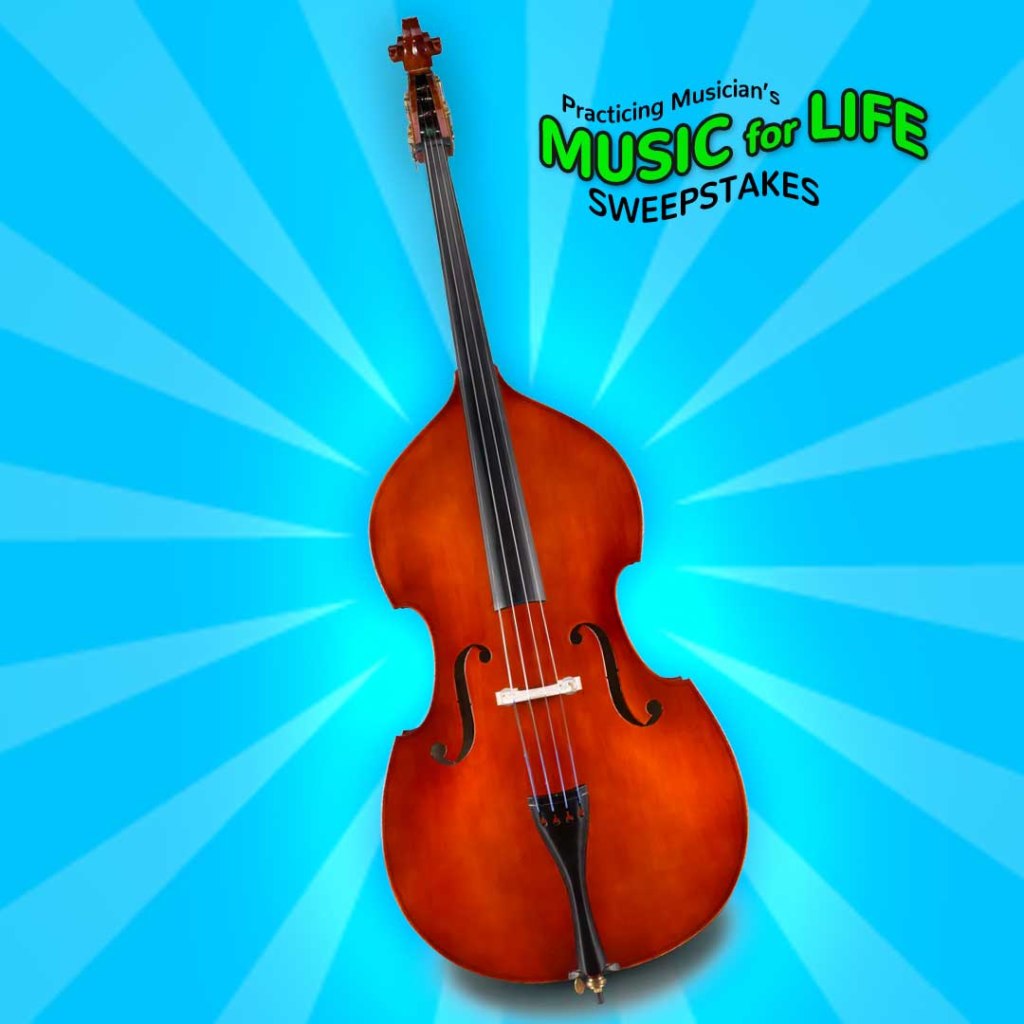

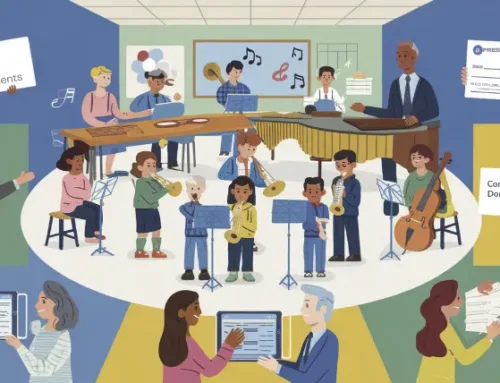
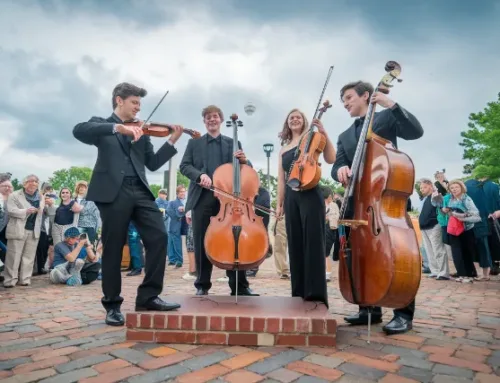
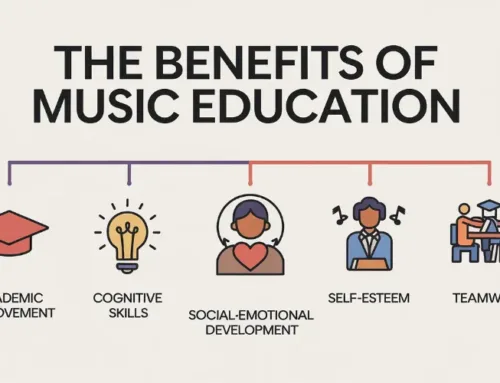
Leave A Comment
You must be logged in to post a comment.